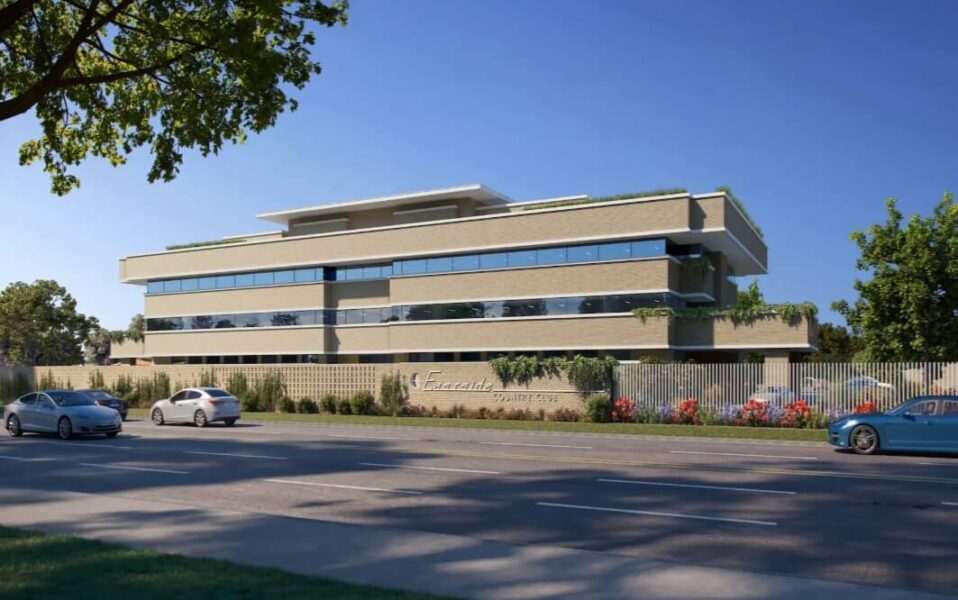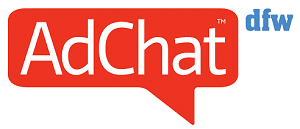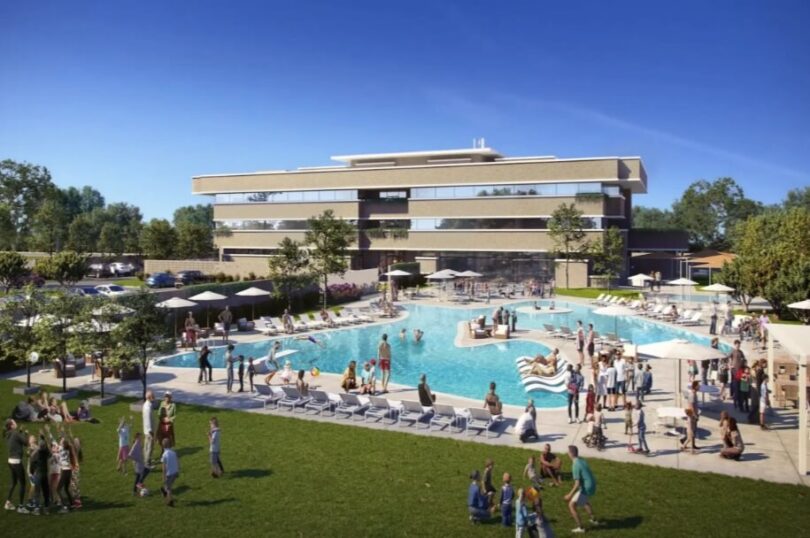The $36 million Lake Highlands project, led by Nick Clark and Dawson Williams, is slated to open in early 2027
Source DMagazine
Common Desk founder Nick Clark and the company’s former head of real estate, Dawson Williams, have teamed up to create a new kind of country club—something that breaks all the traditional rules. Even without a name for the club and without spending a dime on marketing, the duo has raised $7 million for the venture and expects to open the doors of its first facility in April 2027.
The club will be focused entirely on families with young children. Clark and Williams see traditional country clubs as serving fathers first, mothers second, and children last—and they want to flip that model on its head. “The priorities are seemingly: golf, tennis, and all of that, and then kids down at the very bottom,” Williams said. “There’s only one country club that we’re aware of in the city of Dallas—Dallas Country Club—that even has a nursery.”
“Thinking in this way is a bit radical for the traditional country club operator,” Clark added, “but that’s where we get to break all the rules. We’re creating a new playbook.”
The club will occupy a 50,000-square-foot former office building in Lake Highlands, situated on 3.65 acres on E. Northwest Highway between Ferndale and Plano roads.

Williams and Clark are still in the imagination phase of the project. “We have at least an acre of outdoor space that we can take away from the parking and turn into a resort-style pool, playground, ice house, patio, big green space, and adventure garden,” Clark said. “Can we put in a BMX park? Can we put in a zip line? A ropes course? Can we put in a wrestling ring?”
No matter what they build, Williams is pretty confident of one thing: “In the entire United States, a club of this type doesn’t exist yet.”
Their business model is built on three main statistics: Last year, in the U.S., 16.7 percent of people played more than one round of golf; 6.9 percent of people played tennis more than once; but 87 percent of people over the age of 40 have had a child.
In more ways than one, they say, it’s about maximizing the potential consumer base. “Most country clubs, and even private social clubs, are for the top .5 percent of the population. If you open that up to the top 15 percent, so much more of the market could enjoy this product,” Clark said.
Life at the club, Williams said, will be filled with “Family activities and programming. When you’re a member, you won’t be overcharged to come. We will have an indoor jungle gym, arts, crafts, and a library. Come use our living room to play together as a family.”
“This is a place to live an integrated life,” Clark added, “where if you have to get a quick workout in, if you want to knock out a couple of emails, if you want to get coffee with a buddy you’ve been putting off, it can all happen here.”
Just a month into accepting membership applications, the club has received applications from more than 400 families. Williams and Clark will pare the list down to 250 founding families to come in as inaugural members and be onboarded by July 15.
Until the building opens, the club will organize community programming. The duo is thinking up events, such as taking over the Katy Trail Ice House, hosting a community pool takeover, organizing scramble events at golf courses, or fitness classes at gyms and workout studios.
Founding families will pay a $1,000 initiation fee and $490 in monthly dues. With each succeeding round of memberships—about 250 families per round—the initiation fee will double. Once open, new members will pay in the $8,000 to $10,000 range for initiation. The co-founders expect a consistent membership base of between 800 and 1,200 families. The second round of membership applications will open this winter.
“For families that have very little extra time on their hands, and most of that extra time is spent with your kids; when do you have time to go to the club?” Clark said. “But if there was a club that had an equal amount of fun across all 12 months and across the moms, the dads, and the children—well, now that’s the type of club that most people could enjoy on a regular basis. And with all this pent-up demand in the private club business, all these wait lists, all these insane, astronomical initiation fees, somehow in the city of Dallas, that club doesn’t exist.”
This idea took shape after Clark sold Common Desk to WeWork in January 2022. Two years later, the two entrepreneurs had jumped into turning this idea into a reality. The duo is in the process of raising an additional $29 million, including debt, to complete the project. Three family offices are “in the red zone” on closing an investment, and “a number of banks are on the goal line” too.
The partners also have dreams of scaling the idea into different marketplaces. Each market will bring out a different product. “We’re not going to slap the same brand on every single one of them like we did with Common Desk,” Clark said, “We’re going to reinvent the wheel each time based on what that audience, what that community, and what that city is needing.”









